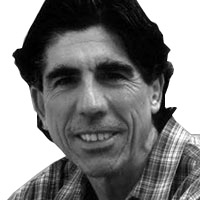Politics
Photo Illustration by Sarah Rogers/The Daily Beast
She Called Out Trump’s Lies Decades Ago
Untruther
Hannah Arendt is famous for the ‘banality of evil,’ but she was equally shrewd at skewering government efforts to twist the truth.

Trending Now





